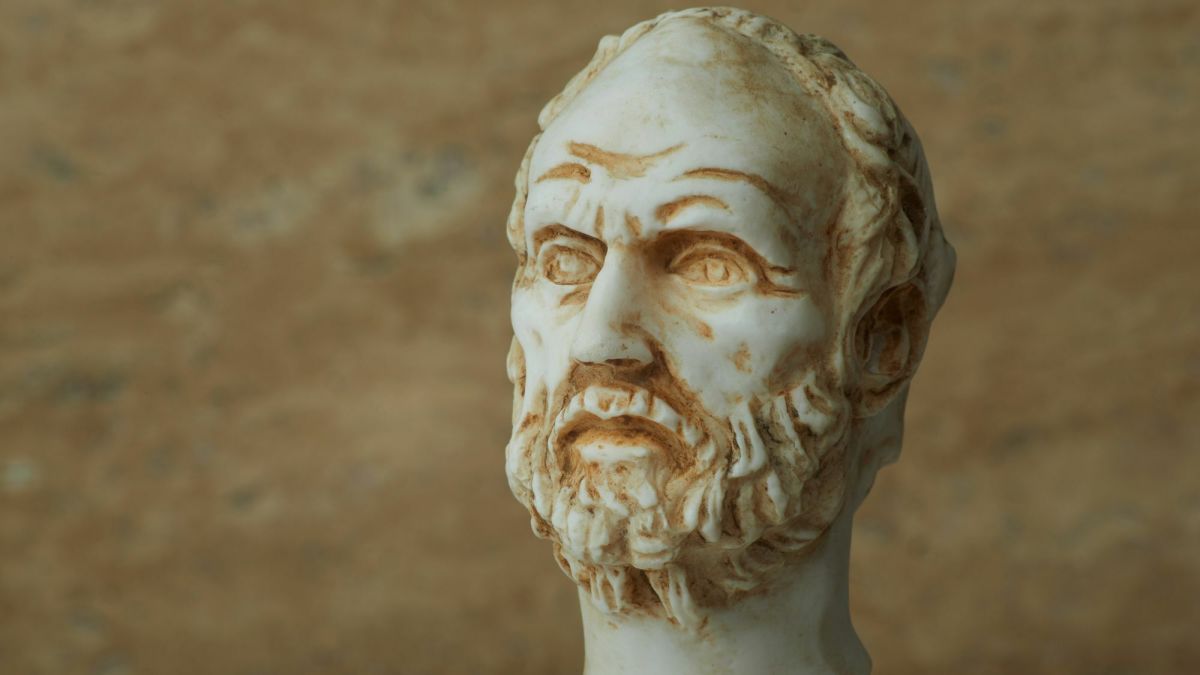How Greek Philosophy Can Get You Anywhere
Have you ever wondered- "How can I be better?" or "How can I get that cute girl to like me?" or even "How can I get promoted?"- well ancient philosophy has you covered. Before the chaotic and complex era of today, they already figured out all of life's juicy little cheat codes.
The four stoic virtues
The four cardinal virtues of Greek philosophy, commonly referred to as the four stoic virtues are some generally great qualities to have. They are listed as the following:
Prudence:
- Prudence is the ability to discipline yourself using reason and foresight. While you may think thinking over everything makes you a party pooper, think about this? Would you like your employer to see your Facebook from five years ago? Yeah, you wouldn't. Use that kind of mentality on other things you do. Ask yourself: "Ten years from now, will I regret doing this?
Temperance:
- Temperance: Temperance is abstaining from things that you may want to do, but you know are bad for you. Have you ever stayed up late before classes, or drank the night before work? If you have, you know the deep seated regret that dwells in you when you feel awful when you could have restrained from doing those things.
Fortitude:
- Fortitude: Fortitude is endurance or bravery. Have you ever felt the need to do something you might now want to do for yourself or someone else? That's fortitude, Maybe going to work even if you're tired, or even helping someone else when you may not want to. This can really help you around, especially in a work or school environment.
Justice:
- And last, but not least, justice. Justice is righteousness or karma. Trying to act with justice is a very useful tool, not only because it makes you a better person, but it can also keep you out of trouble. Maybe acting kind to someone who you may not like because they haven't done anything to you, or not helping a friend commit a crime.
Priori and Postori
Priori and postori are two different types of knowledge- those from reason, and those from experience. Consider this: "If John drove at least four miles, then he drove more than three miles". This is something that one knows a priori, because it expresses a statement that one can derive by reason alone. Compare this with the proposition expressed by the sentence: "John drove from 9:10 to 9:36". This is something that (if true) one must come to know a posteriori, because it expresses an empirical fact unknowable by reason alone.
Understanding the difference can help you flex your reason and problem solving skill. For example, if you're trying to make a decision, you can ask yourself "Am I using a priori ( reason ) or a posteriori ( personal experience ) to make my decision?"
In conclusion ...
Maybe you think that Greek philosophy is super boring, or absolutely meaningless, or just plain confusing. But as you can see, these principles can help you be more likable, approachable, and generally more virtuous and a better person. Try acting with these in mind and see just how much better your life can be!








